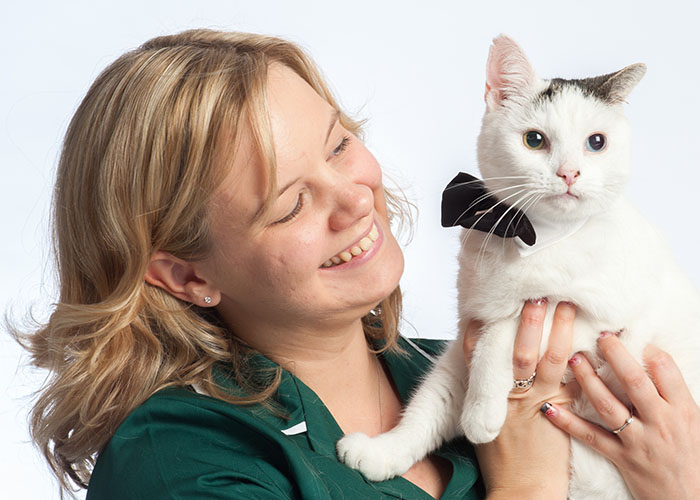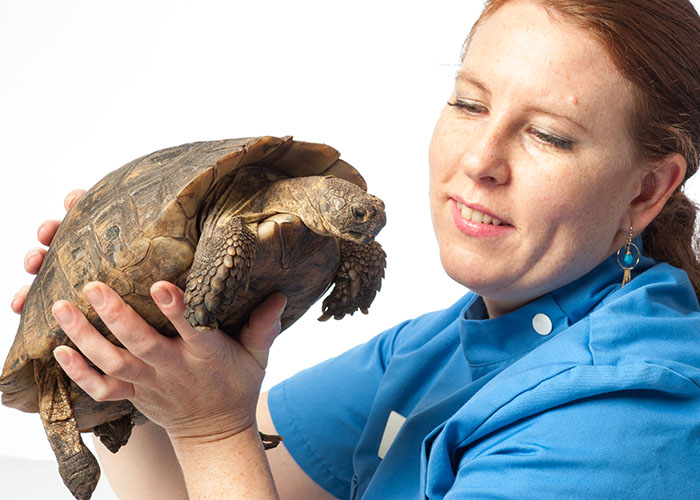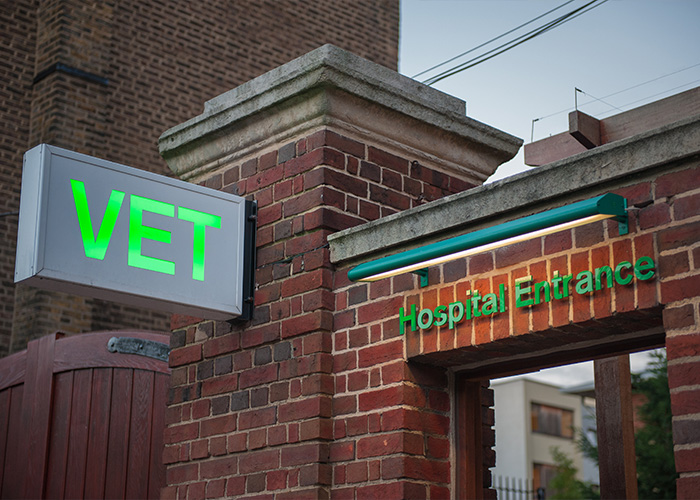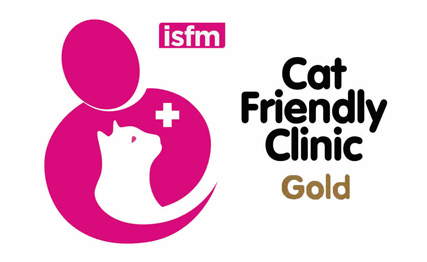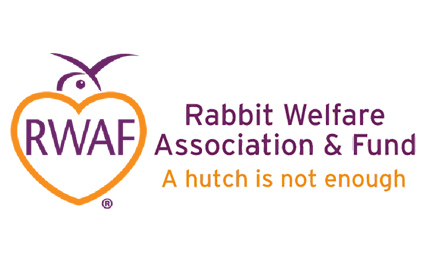Beaumont Sainsbury Animal Hospital
Your local veterinary hospital in the heart of Camden, North London.
4 Royal College St, London NW1 0TU
24 hour contact: 020 7387 8134
The RVC Beaumont Sainsbury Animal Hospital is the leading university teaching animal hospital in London. We have been providing vet services in north London since 1933.
We provide all the essential vet practice services you would expect plus a whole host of specialist vet services due to us being part of the Royal Veterinary College's network of world-leading facilities.
As one of the largest vet practices in London, we have a fantastic team of vets - many of whom have particular areas of expertise or advanced qualifications in:
- Internal medicine
- Surgery – soft tissue/orthopaedics
- Exotic and small mammal species
- Dentistry and gum disease
- Cardiology
- Endoscopy
- Ultrasound and x-rays
In addition, our highly experienced vet nurses have advanced qualifications in areas such as emergency and critical care, pet welfare and behaviour. This is all adds up to you having access to world-class veterinary knowledge and expertise right in the heart of London.

